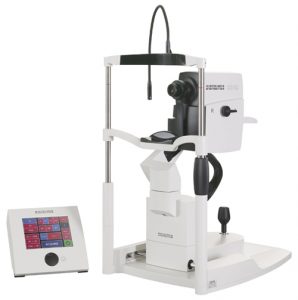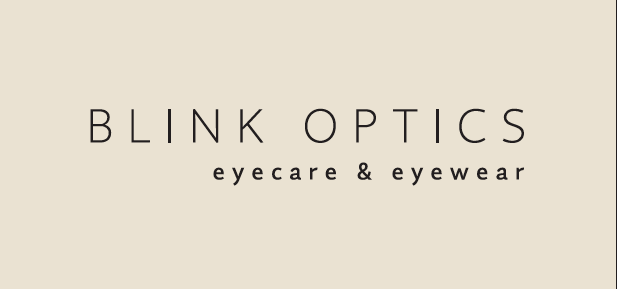A 4D Eye Health Screen using the SPECTRALIS® OCT at Blink Optics

provides information about the condition of the back of the eye, called, the retina. It is much more than a Fundus photograph, which concentrates on the surface of a small part of the retina. It takes an image through the several layers of the retina, much like an MRI. The examination can help identify early signs of disease in the retina and on the optic nerve head.
Did you know that one in two people with glaucoma are unaware they have the disease?

Glaucoma is a condition that causes damage to the optic nerve of the eye resulting in patchy loss of vision, starting in the periphery of the eye, which slowly gets worse over time. Fortunately, glaucoma is treatable and the deterioration in vision can be minimised by using special eye drops. However, early diagnosis and commencement of treatment is required to prevent significant sight loss.
One in two cases of sight loss is caused by AMD.

Age-related macular degeneration (AMD) is an eye condition which mainly affects people over the age of 50. It is estimated that one in every 10 people over the age of 65 has some degree of AMD. The disease attacks the macula of the eye, where our sharpest central vision occurs. Although it rarely results in complete blindness, it robs the individual of all but the outermost, peripheral vision, leaving only dim images or black holes at the centre of vision.
There are two types of AMD; Dry AMD and Wet AMD. Dry AMD progresses slowly and is the most common form of macular degeneration, affecting 90% of the people who have the condition. Dry AMD may progress into Wet AMD, which is a more advanced form of macular degeneration. Central vision loss is more rapid and causes severe vision impairment if left untreated.
Unfortunately, there is no cure for Wet or Dry AMD, however, there are a number of treatment options available to slow the rapid progression of Wet AMD and there is some evidence to suggest certain dietary supplements may slow the progression of Dry AMD. However, early diagnosis and commencement of treatment or supplementation is required to minimise vision loss.
